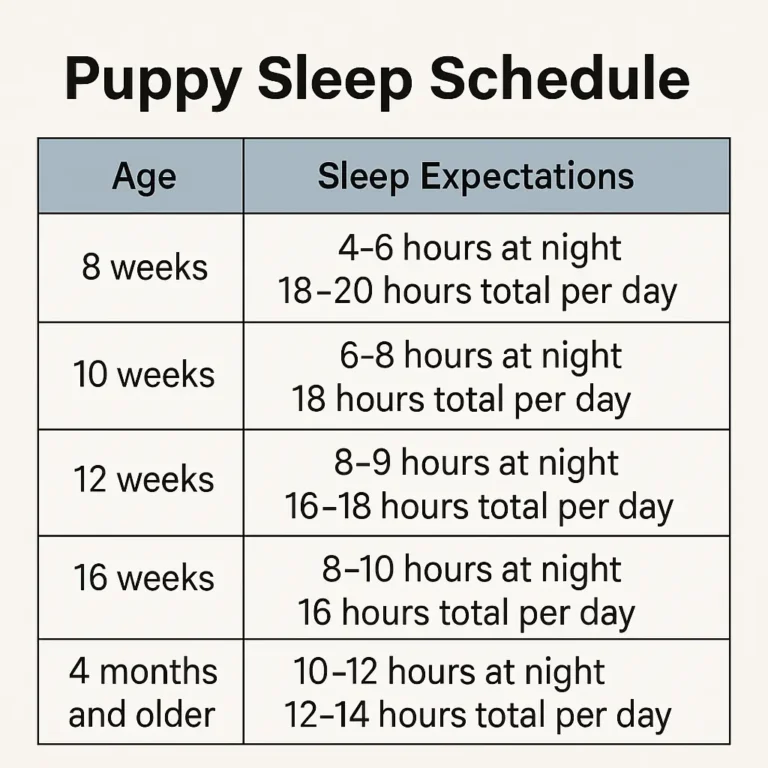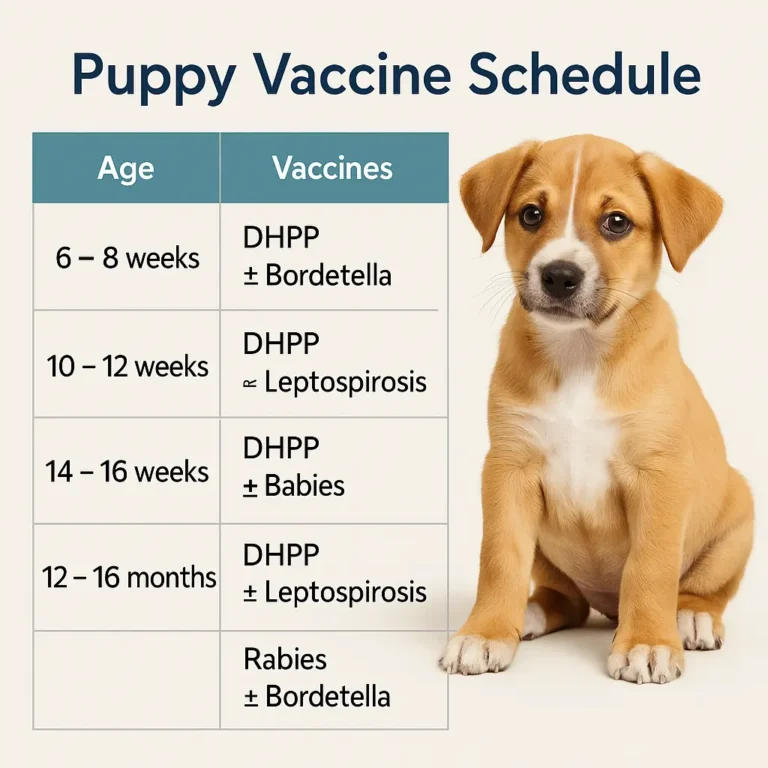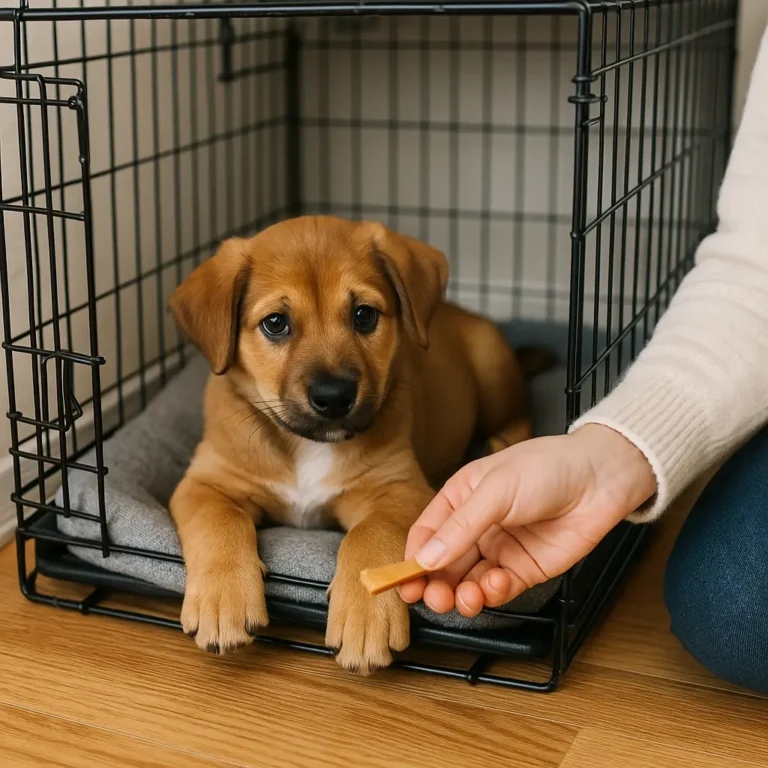Lemon Beagle
Lemon Beagle: A Unique and Charming Beagle Variant
The Lemon Beagle is a rare and charming variation of the standard Beagle, known for its beautiful lemon and white coat. Unlike traditional tri-colored Beagles, this breed features a lighter shade of tan, making it visually distinct. Lemon Beagles possess the same playful, affectionate, and energetic temperament as regular Beagles, making them great companions for families and individuals alike.
These dogs are highly intelligent, sociable, and active, requiring ample playtime and exercise to stay happy. Their excellent sense of smell makes them fantastic scent hounds, originally bred for hunting but now widely loved as family pets. With proper training, Lemon Beagles can be obedient and well-mannered, though their strong scent drive may lead them to wander if not supervised.
If you’re looking for a loyal and friendly canine companion with a striking coat color, the Lemon Beagle could be a perfect fit.

Lemon Beagle Puppy
A Lemon Beagle puppy is an adorable and energetic little companion that requires early socialization and training to develop into a well-behaved adult. These puppies are highly active and playful, often getting into mischief due to their natural curiosity.
Their light-colored fur darkens slightly as they grow, but they retain their signature lemon and white coat. Since Beagles have an independent streak, consistent training from an early age is necessary. Providing them with interactive toys, proper chew items, and plenty of exercise helps keep them engaged and out of trouble.
Proper training and socialization will shape them into affectionate, loyal family pets.
Breed Traits
Affectionate and social, loves human companionship Energetic and playful, requires regular exercise Excellent scent hound, follows trails with ease Intelligent but stubborn, benefits from early training Great with kids and other pets, friendly nature
The Lemon Beagle has a lifespan of 12 to 15 years with proper care. A balanced diet, regular exercise, and veterinary checkups help ensure a long and healthy life.
A fully grown Lemon Beagle stands between 13 to 15 inches tall at the shoulder. Smaller individuals fall under the pocket Beagle category, while larger ones are part of the standard Beagle size.
The weight of a Lemon Beagle typically ranges between 20 to 30 pounds, depending on their activity level and diet. A healthy weight is maintained through proper nutrition and daily exercise.
The Lemon Beagle thrives in homes with fenced yards where they can run and explore. They adapt well to apartments if provided daily walks and prefer environments with active owners.
Breed Characteristics
Short, dense coat, easy to maintain Distinctive lemon and white coloration Large, expressive brown eyes Floppy ears, common in scent hounds Muscular and compact body, built for endurance
Lemon Beagles are excellent family dogs, known for their gentle and playful temperament. They bond well with children and adults alike, making them an ideal choice for active households.
- Muscular yet compact body
- Long floppy ears, great for detecting scents
- Straight tail with a white tip, common in Beagles
- Medium-sized paws, built for endurance and tracking
These dogs are highly sociable and love human interaction. They get along well with other dogs and pets but may exhibit a strong chasing instinct if not properly trained.
The Lemon Beagle is friendly, curious, and independent. They love to explore their surroundings and follow scents, making them natural hunters and great tracking dogs with a mischievous streak.
Training a Lemon Beagle
Training a Lemon Beagle requires patience and positive reinforcement techniques. They are intelligent but sometimes stubborn, making consistency crucial in training. Early socialization and basic commands should begin as soon as possible.
Due to their strong scent drive, they may get distracted easily, so training sessions should be engaging and reward-based. Using treats and praise works best. Crate training and leash training are highly recommended to keep them well-behaved.
Since Beagles are known for howling and barking, training them to control their vocalization is necessary, especially in apartment settings. A well-trained Lemon Beagle makes an obedient and loving companion.
Lemon Beagle History & Facts
The Lemon Beagle shares its history with standard Beagles, originally bred for hunting and scent tracking. Beagles date back to the 16th century in England, where they were popular for tracking small game.
The lemon-colored variation emerged due to selective breeding, leading to their signature light tan and white coat. Though their hunting instincts remain strong, they have evolved into beloved family pets worldwide.
Beagles were introduced to the U.S. in the 19th century and became one of the most popular breeds due to their intelligence and affectionate nature. The Lemon Beagle remains a cherished variant among dog lovers.
Their lemon coat is caused by a recessive gene, making them rarer than traditional Beagles.
Beagles, including the Lemon variety, have been featured in cartoons, books, and movies.
Their noses have over 220 million scent receptors, ranking among the top tracking breeds.
They have a distinct bay or howl, a trait inherited from their hunting ancestors.
Despite their independent nature, they are deeply loyal and affectionate with their families.
Popular Beagle Mixes
If you love the Lemon Beagle, you might also be interested in other Beagle mixes, such as:
- Beagle Lab Mix (Labrador + Beagle) – Friendly and energetic
- Beagle Poodle Mix (Poodle + Beagle) – Intelligent and hypoallergenic
- Beagle Corgi Mix (Corgi + Beagle) – Small and sturdy
- Beagle Pitbull Mix (Pitbull + Beagle) – Loyal and protective
- Beagle Dachshund Mix (Dachshund + Beagle) – Curious and affectionate
Each mix brings unique traits, but they all inherit the Beagle’s intelligence, loyalty, and playful spirit.
Best Diet for a Lemon Beagle: A Balanced Nutrition Plan 🥩🥕
The Lemon Beagle thrives on a protein-rich diet that supports its active and playful lifestyle. High-quality dry kibble with real meat proteins like chicken, turkey, or fish helps maintain muscle strength. Omega-3 and Omega-6 fatty acids from fish oil promote a healthy coat, while carbohydrates like sweet potatoes and brown rice provide long-lasting energy. Fresh vegetables and fruits such as carrots, apples, and spinach add essential vitamins and fiber. Since Beagles are prone to overeating, portion control is key—two well-balanced meals per day are ideal. Avoid processed human foods, excessive treats, and artificial preservatives.
Lemon Beagle: A Cheerful & Loyal Companion 🐕
The Lemon Beagle is a gentle, affectionate, and playful breed. They are known for their friendly temperament, making them great family pets. They enjoy social interactions, outdoor activities, and human companionship, making them ideal for active households.
Alertness
Protectiveness
Prey drive
Aggressiveness
Barking level
Trainability
Mental stimulation needs
Intelligence
Lemon Beagle: A Unique and Adorable Breed 🌟
The Lemon Beagle is a rare Beagle color variation known for its soft lemon and white coat. Their playful, friendly, and loving personality makes them a popular choice for families. They thrive in active homes, where they can engage in long walks, outdoor play, and mental stimulation.
Grooming Needs: Keeping Their Coat Clean & Glossy 🛁
The Lemon Beagle has a short, smooth coat that requires weekly brushing to remove loose fur and maintain its shine. Shedding is moderate, so brushing helps reduce excess hair around the house. Bathing every 4-6 weeks with a mild dog shampoo keeps their coat clean and prevents odor. Regular ear cleaning, nail trimming, and dental care are essential to maintaining their hygiene and overall health.
Physical Attributes: Lemon Beagle
The Lemon Beagle is a small to medium-sized dog with a compact, muscular body and a distinct lemon and white coat. They have long, floppy ears, a strong sense of smell, and a playful, affectionate nature. Their athletic build makes them excellent hunters and active companions.
Breed Size
Colours
Coat
Drooling
Snoring
Exercise Needs
Grooming Needs
Aggressiveness
Health: Lemon Beagles
Lemon Beagles are generally healthy but can be prone to hip dysplasia, obesity, ear infections, and epilepsy. Due to their high food drive, they are susceptible to weight gain, so portion control is essential. Regular vet check-ups, dental care, and a balanced diet help maintain overall health. Their long ears require frequent cleaning to prevent bacterial infections. Providing daily exercise and mental stimulation reduces the risk of joint issues and anxiety-related behaviors. With proper care, Lemon Beagles have a lifespan of 12–15 years, making them loving, long-term companions.
Is the Lemon Beagle Small, Medium, or Large?
Lemon Beagles are small to medium-sized dogs, standing 13–15 inches tall and weighing 20–30 pounds. Their compact, muscular build makes them agile and fast runners, perfect for hunting and outdoor activities. Despite their small stature, they have high endurance and energy levels, requiring ample exercise. They adapt well to apartment living but thrive best in homes with yards or access to open spaces. Their small size and affectionate temperament make them ideal family pets, especially for families with children.
Lemon Beagles faq
Are Lemon Beagles rare?
Do Lemon Beagles shed a lot?
Are Lemon Beagles good for families?
Do Lemon Beagles bark a lot?
Are Lemon Beagles easy to train?
How much exercise do they need?
Do Lemon Beagles have health issues?
What is their lifespan?
Dog Life – A Loving and Playful Companion
Lemon Beagles are fun-loving, social, and energetic dogs that thrive in family settings. Their playful and affectionate nature makes them excellent companions for kids and other pets. They enjoy exploring, tracking scents, and playing outdoors. Despite their stubborn streak, they are highly trainable with patience and consistency. Their keen sense of smell and energetic nature require plenty of stimulation. Proper exercise, training, and care ensure a healthy and happy life. Whether as a hunting partner or family pet, they make loyal, loving companions.
The Lemon Beagle is a unique and affectionate breed, combining the charm of a Beagle with a striking lemon-colored coat. Their small to medium size, playful nature, and intelligence make them perfect for active families. They require moderate grooming, daily exercise, and mental stimulation to stay happy and healthy. With early socialization and consistent training, they grow into well-mannered, loving pets. Whether as a hunting companion or a household pet, the Lemon Beagle is an excellent choice. With proper care and attention, they can be a faithful and energetic companion for years.



























